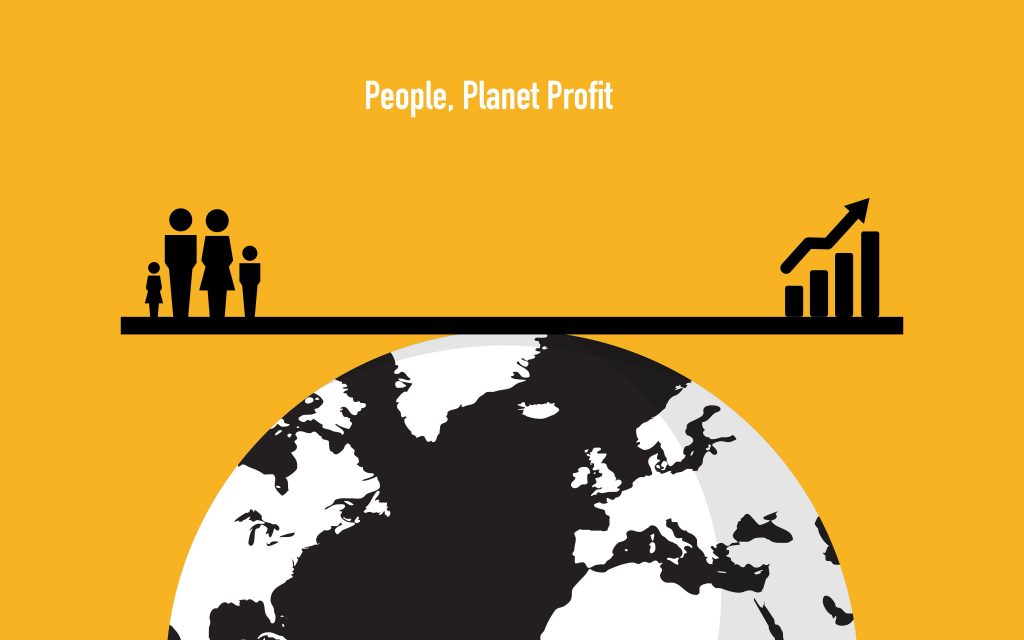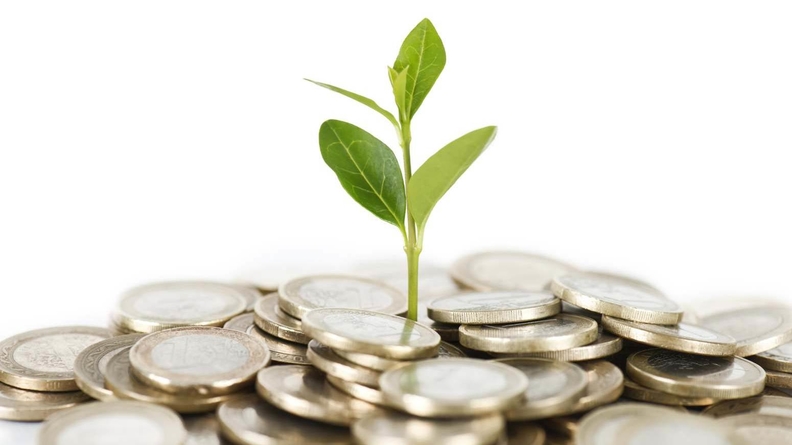By Ken Freestone, Holland Residential Energy Advisor
In any conversation that I have about “sustainability,” I can bring attention to benefits for corporate systems, environmental stewardship, and social equity. It is like a dial on an appliance where all the subjects can be separate but yet all connected. We can turn the dial depending on the subject and the audience.
Although all three categories look separate as you turn the dial, you may see that they are all grounded in the same foundational principles.
All three of those sustainability efforts are important, but much of what drives long-term sustainability is having forward-thinking economic practices. It is critical to understand that without sustainable long-term economic investments and strategies, the other two areas are much harder to achieve.
Investment strategies have always included diverse assessments of conditions that have influence, and they include schemes that have positive as well as negative impacts on long-term outcomes. Today’s investment strategies are more diverse than ever, and influences swaying decisions are coming in ways that may not seem as obvious as past influences.
In our recent past, with an issue like apartheid, the demand for change from the public and from institutions motivated divestiture of investments related to apartheid. Pressures and outside influences played significant roles in ending apartheid and changed many investment policies.
Today, climate change and many global disasters are reasons some people are shifting to ESG (Environment, Social and Governance) investing or SRI (Socially Responsible Investing) in their long-term planning.
If anyone is still skeptical, a recent message from the world’s largest money manager and several other examples may influence thinking.
Larry Fink is CEO of BlackRock, an investment firm with more than $6.5 trillion in assets under management. He pointed out, “Climate change has become a defining factor in companies’ long-term prospects. Awareness is rapidly changing, and I believe we’re on the edge of a fundamental reshaping of finance.”
Companies like Delta, Microsoft, and Klean Kanteen have committed to being carbon neutral, and Amazon has committed $10 billion to combat climate change.
In the public sector, universities, including the entire University of California system, have committed to divesting from fossil fuel.
Locally, Bill Stough, Holland’s Sustainable Research Group recycling consultant, points out, “A year and a half ago China put stringent contamination restrictions on any recycled material imported into their country. The City of Holland is identifying how to improve its recycling program’s efficiency and setting itself up to take advantage of recycling collection and processing innovations coming in the future, and supporting the capture of future economic returns available through recycling.”
Sustainable economics will be the topic at 6:30 p.m. on Tuesday, March 10, at Herrick District Library, at the next Living Sustainably Along the Lakeshore event. Socially responsible investing, sustainable governance, and the impacts and opportunities of recycling on our future economies will be discussed. Speakers will include Bill Stough of the Sustainable Research Group, and Eric Emelander, of MKS Wealth Advisors of Raymond James.
As Michael Barbaro, host of the N.Y. Times Daily podcast, points out, “It’s interesting. In some ways, at this moment, corporations seem to be responding more lowercase ‘d’ democratically to the problem of climate than perhaps some governments. Because they’re actually responding to what their consumers want.”
If we are the consumers, and the demands we are making are being heard by some corporations, then we need to continue to speak out to influence future investments.
Ken Freestone is the residential energy advisor for the City of Holland’s Home Energy Retrofit program and co-founder of GreenMichigan.org, a nonprofit dedicated to sharing resources to help people to implement sustainability best practices.
If You Go: Economic Sustainability
What: Living Sustainably along the Lakeshore forum
When: 6:30 p.m., Tuesday, March 10
Where: Herrick District Library, 300 S. River, Holland
Who: Public invited, free of charge
This Week’s Sustainability Framework Theme
Economic Development: Businesses and the local consumers are driving engines that generate capital for growth and development. We want to be a location of choice for new business and industry.
ABOUT THIS SERIES
Living Sustainably is a collection of community voices sharing updates about local sustainability initiatives. It is presented by the Holland-Hope College Sustainability Institute, a joint project of Hope College, the City of Holland and Holland Board of Public Works. Go to www.hope.edu/sustainability-institute for more information.



